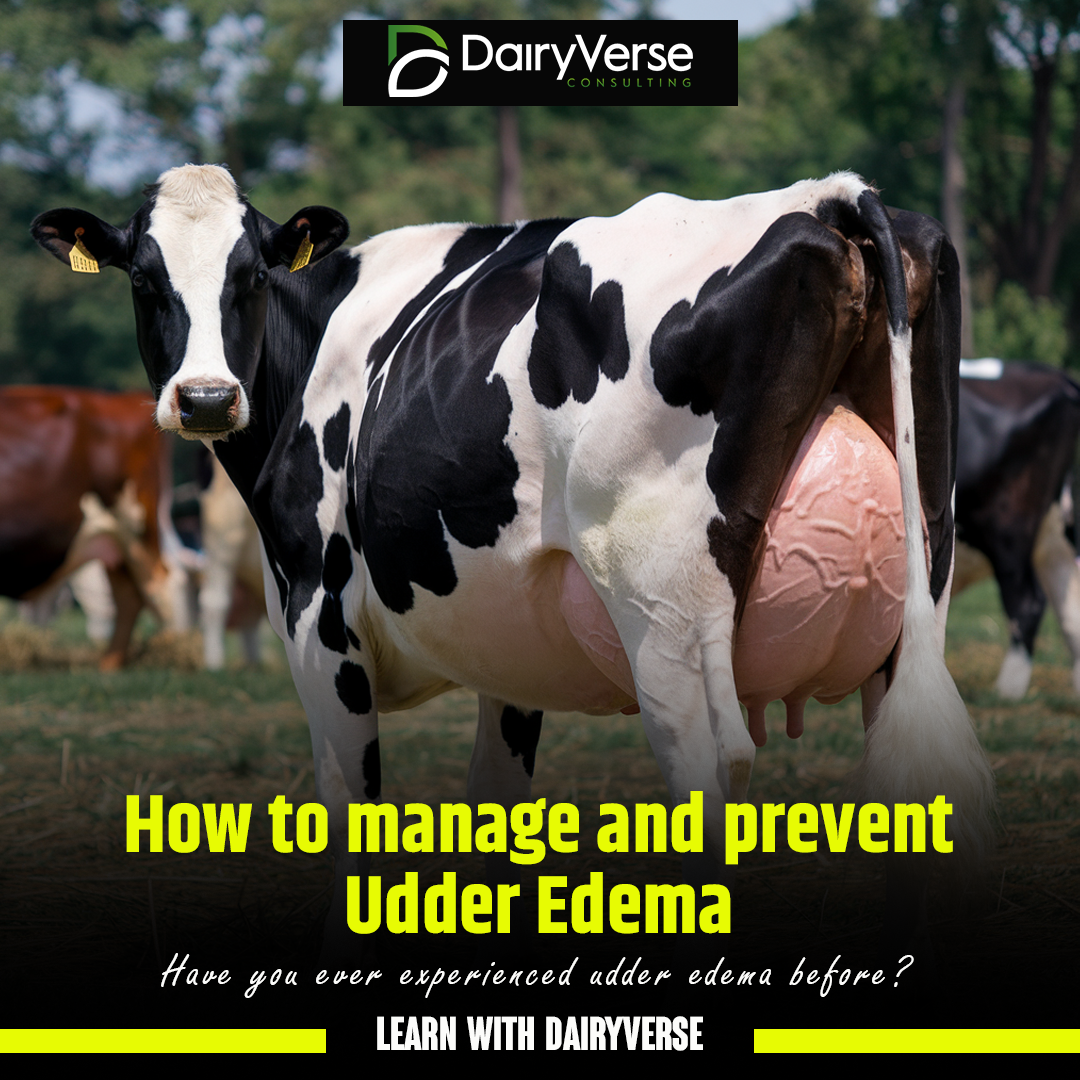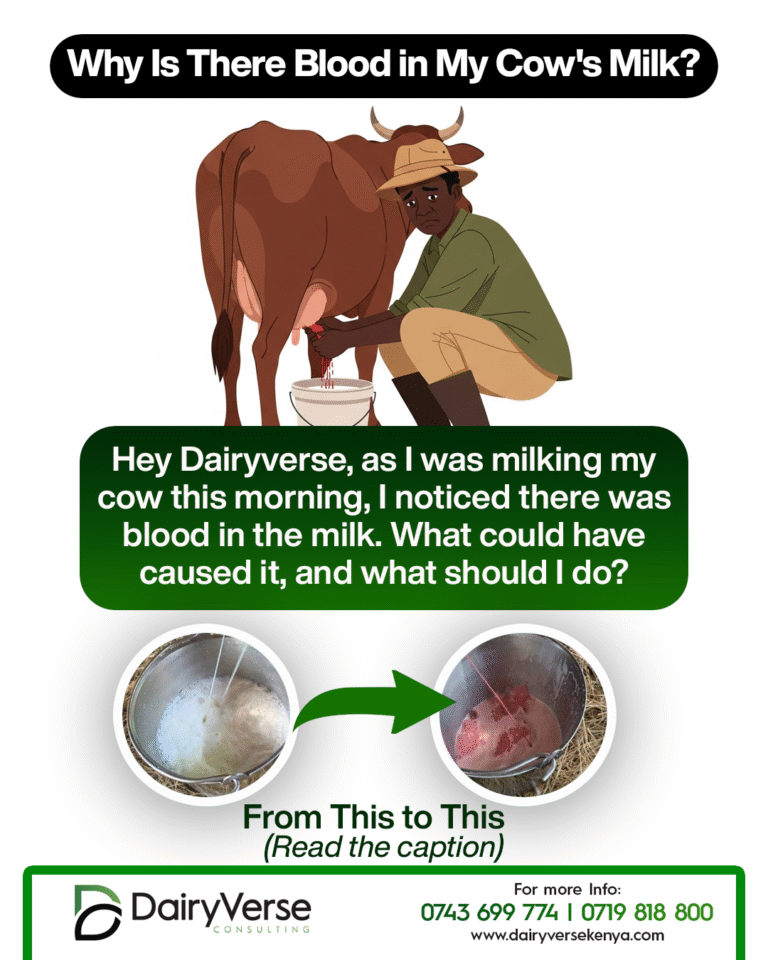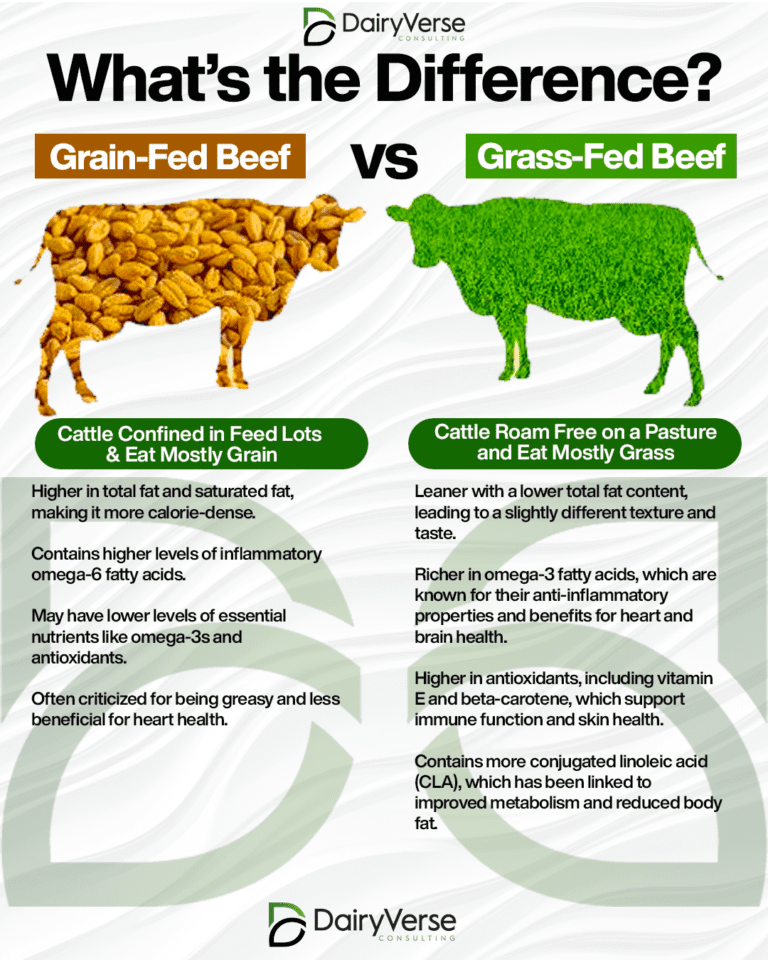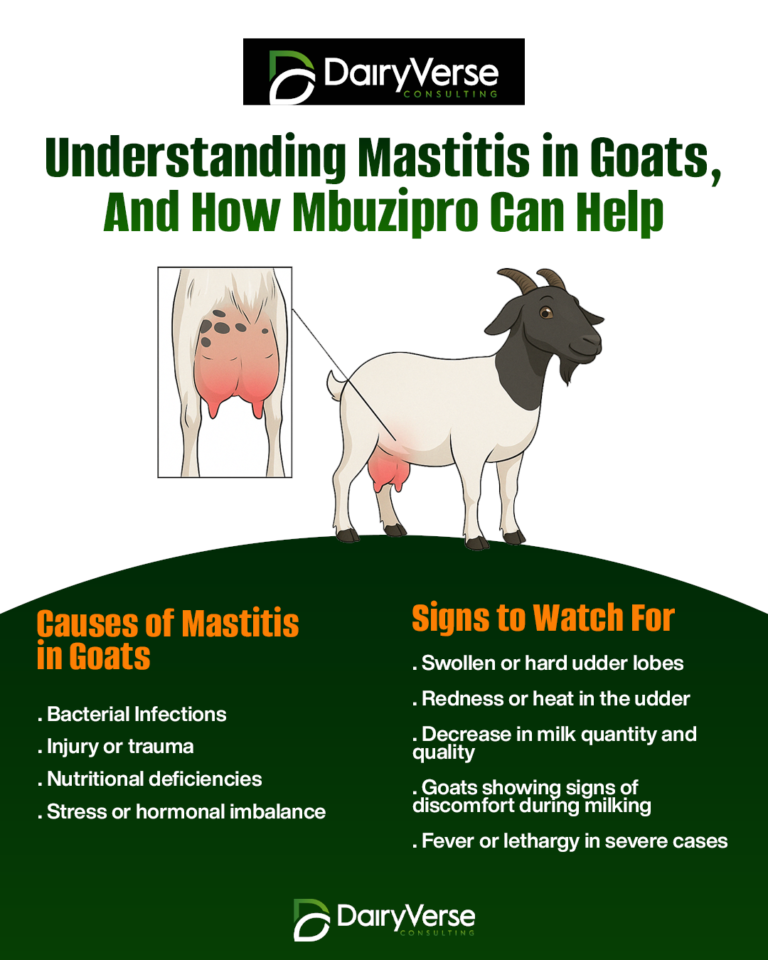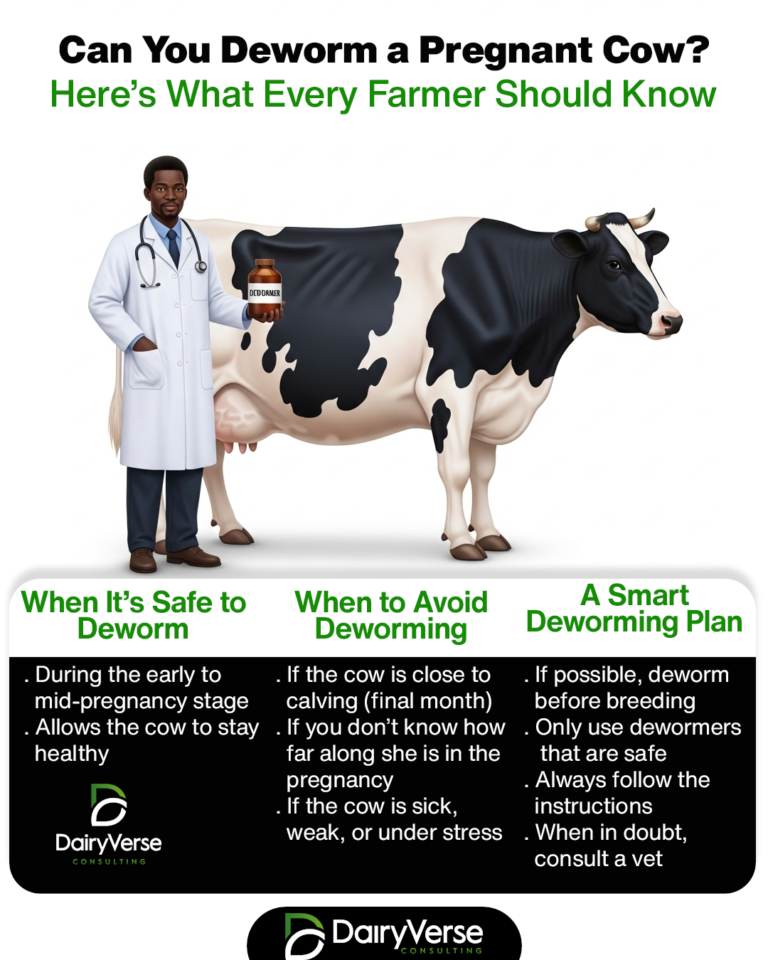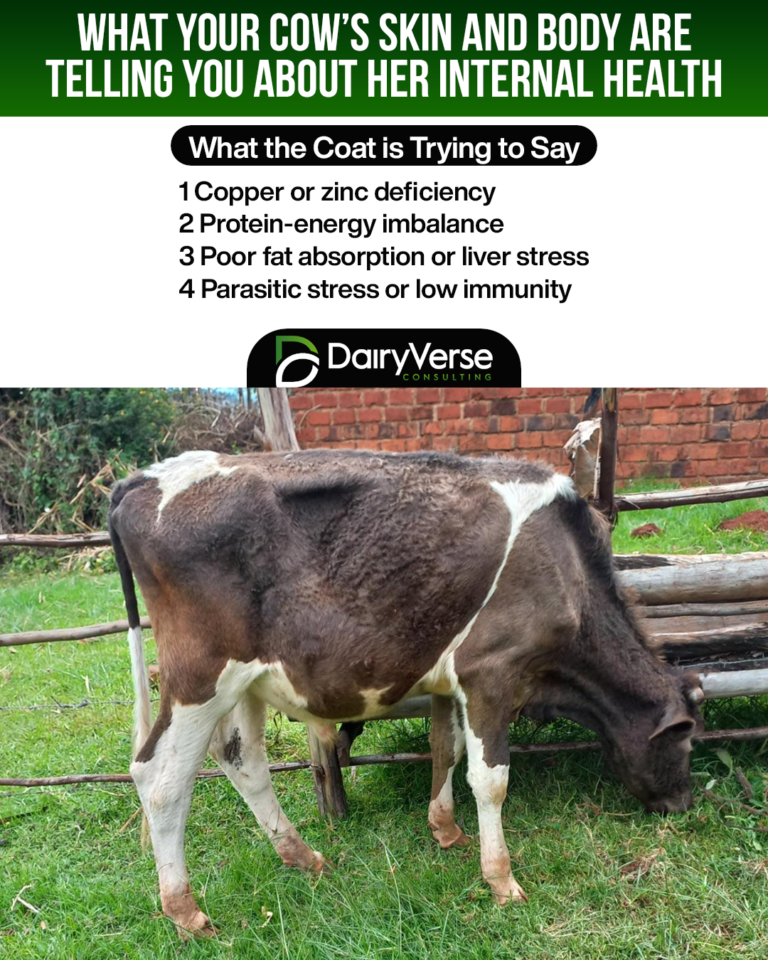Understanding and Managing Udder Edema in Dairy Cows
Udder edema is a common condition in dairy cows, especially during the period leading up to and shortly after calving. Characterized by a buildup of fluid in the udder, this swelling can be uncomfortable and may complicate milking, impacting both the cow’s health and milk production. Understanding the causes, symptoms, and treatment options for udder edema can help dairy farmers manage this condition effectively and promote herd health.
What is Udder Edema?
Udder edema occurs when excess fluid accumulates within the udder tissue, leading to a swollen, firm udder. The udder may feel tight to the touch and sometimes even appear shiny. This condition typically affects heifers calving for the first time, although it can occur in cows of any age, especially during calving.
Causes of Udder Edema
Udder edema is generally the result of changes in blood flow and hormonal levels during late pregnancy and early lactation. Some common causes include:
- Hormonal Changes: As cows approach calving, certain hormones increase blood flow to the udder, preparing it for milk production. This hormonal shift can also lead to fluid retention.
- Dietary Factors: Diets high in salt or energy can contribute to fluid retention. Excessive salt intake, in particular, can lead to edema as it encourages the body to retain water.
- Lack of Exercise: Cows that are more sedentary during late pregnancy can experience slower circulation, which contributes to fluid buildup.
- Genetic Predisposition: Certain breeds and individual cows are more susceptible to udder edema due to genetic factors.
Recognizing the Signs and Symptoms of Udder Edema
Udder edema is usually identifiable by visual and physical signs, including:
- Swelling and hardness in the udder area
- A shiny or stretched appearance on the skin of the udder
- Discomfort or pain during milking or movement
- In severe cases, swelling can extend to the belly and hind legs
Why is Udder Edema a Concern?
While udder edema often resolves on its own, severe cases can lead to additional issues, such as:
- Pain and Discomfort: The swelling can be uncomfortable and even painful for the cow, affecting her mobility.
- Difficulties in Milking: The swollen udder may be harder to milk, making the process uncomfortable for the cow and challenging for the handler.
- Increased Risk of Mastitis: Edema stretches and weakens udder tissues, making it easier for bacteria to enter, which increases the risk of infection.
Management and Prevention Strategies
Managing udder edema involves a combination of dietary adjustments, exercise, and supportive care to reduce fluid buildup. Key strategies include:
- Diet Management:
- Reduce Salt Intake: Limit high-salt feeds, as salt contributes to fluid retention.
- Balanced Diet: Provide a diet balanced in energy to support lactation without promoting excessive fluid retention.
- Encouraging Exercise:
- Promote Movement: Cows that are encouraged to walk around have better circulation, which can reduce edema. Consider allowing pregnant cows access to pasture or other open spaces for exercise.
- Frequent Milking and Udder Massage:
- Regular Milking: Milking more frequently can relieve pressure and reduce swelling.
- Massage: Gently massaging the udder can promote fluid movement and relieve discomfort.
- Veterinary Support:
- Anti-inflammatory and Diuretic Treatments: In severe cases, a veterinarian may prescribe anti-inflammatory drugs or diuretics to help manage swelling. These should only be used under veterinary supervision.
Conclusion
Udder edema is a manageable condition that, when addressed with proper diet, exercise, and supportive care, should not impact a cow’s long-term health or milk production. Recognizing the signs and knowing when to take action can ensure your cows remain comfortable and productive during this important phase of lactation. For severe or persistent cases, consulting with a veterinarian can provide additional support to keep your herd in optimal health.

